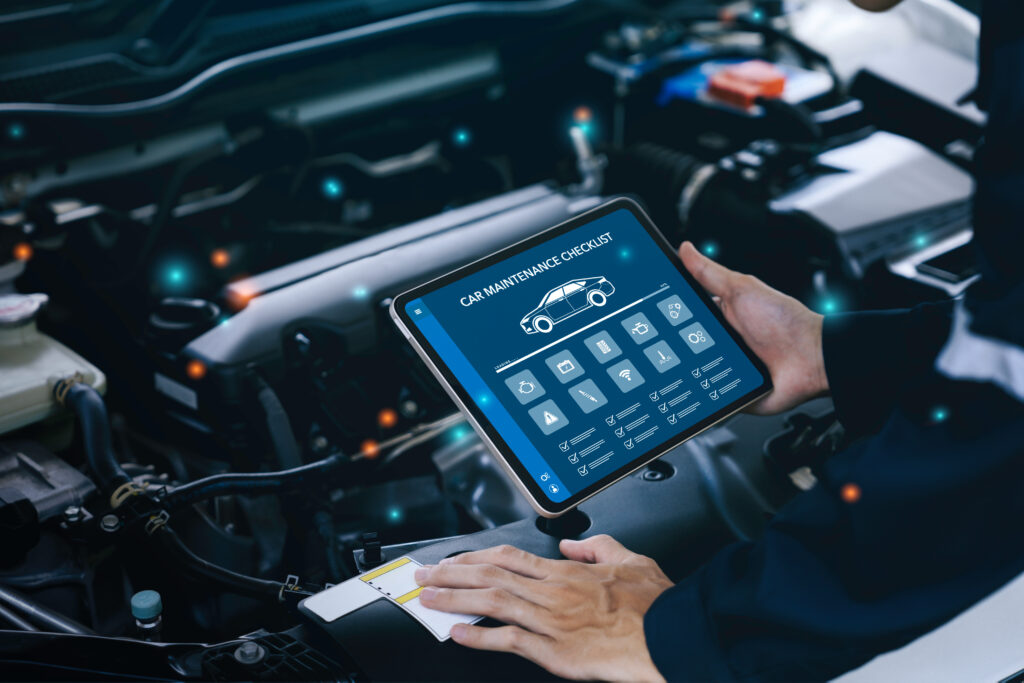India’s automotive industry is on a rapid growth trajectory, cementing its position as the world’s fourth-largest by production and valuation and the third-largest automobile market by sales in 2024*. As the industry evolves, the rise of Software-Defined Vehicles (SDVs) is redefining the development landscape, requiring innovative approaches to both software and testing processes.
The global automotive software and electronics market is projected to reach $462 billion by 2025**, with India playing a vital role as a hub for manufacturing and software development. Embracing SDVs, however, demands a shift in how testing is approached, with Software-in-the-Loop (SIL) testing emerging as a foundational component of this transformation.
The Role of SIL in India’s Automotive Ecosystem
While Hardware-in-the-Loop (HIL) testing remains essential for validating interactions between hardware and software, SIL testing provides a cost-effective and efficient way to begin the validation process earlier in the development cycle. For Indian automakers and startups, this is especially critical, as it allows for accelerated development without the significant capital expenditure typically associated with HIL setups.
Key Benefits of SIL for Indian Automakers
-
- Cost Efficiency for Early Development
SIL testing allows developers to validate software using virtual environments without requiring physical prototypes or hardware. This is particularly beneficial for startups and SMEs in India, enabling them to invest in robust testing processes without incurring the high costs of HIL equipment upfront.
- Cost Efficiency for Early Development
-
- Accelerating Innovation
By allowing testing to occur early and frequently in the development lifecycle, SIL testing supports continuous integration and deployment practices. This leads to faster iteration cycles and helps Indian automakers remain competitive in a global market.
- Accelerating Innovation
-
- Support for EVs and Connected Vehicles
With India pushing for EV adoption and smart mobility solutions, software complexity is at an all-time high. SIL testing can simulate diverse scenarios, enabling manufacturers to validate multiple use cases simultaneously and stay ahead in the race for connected and sustainable vehicles.
- Support for EVs and Connected Vehicles
-
- Alignment with International Standards
SIL testing helps Indian manufacturers and software providers meet global quality benchmarks. This is crucial as India continues to expand its presence as a key exporter of automotive components and software solutions.
- Alignment with International Standards
Complementary Roles of SIL and HIL
It’s important to note that SIL is not a replacement for HIL testing but a critical element in the development process. While SIL is foundational during the early software validation stages, HIL becomes essential later when physical hardware prototypes are available. Together, they form a comprehensive testing strategy to ensure both the software and hardware meet rigorous standards.
The T-Plan Advantage in SIL Testing
Indian automotive businesses can leverage tools like T-Plan to unlock the full potential of SIL testing:
-
- Automated Testing: T-Plan automates testing of software interfaces in virtual environments, ensuring efficiency and consistency.
-
- Integration-Ready: Seamlessly integrates with continuous integration tools such as Jenkins and GIT to streamline workflows.
-
- Cost and Time Savings: Enables 24/7 automated testing, significantly reducing development timelines while maintaining high-quality outputs.
In partnership with Mahesh Software, T-Plan provides localised support and expertise, making advanced testing solutions accessible to Indian automotive companies.
India’s Opportunity in the SDV Revolution
India’s automotive sector, with its robust manufacturing base and growing software expertise, is uniquely positioned to lead in SDV development. SIL testing serves as a cost-effective foundation for startups and SMEs to innovate and meet international quality benchmarks.
As T-Plan’s authorised partner in India, Mahesh Software provides local expertise to help businesses integrate SIL into their workflows and accelerate their SDV ambitions.
Ready to take the leap in automotive testing? Learn how SIL testing with T-Plan can transform your development process. Visit Mahesh Software for more information.
Sources:
-
- *2024 numbers: India’s automotive industry is projected to reach $126.67 billion in 2024, growing at an 8.20% CAGR to $187.85 billion by 2029. Invest India, Mordor Intelligence
-
- **Global Automotive Software Marketing Projection: The projection for the automotive software market ($462 billion by 2025) remains cited as part of global trends. It is essential to include a source to substantiate this. Invest India



